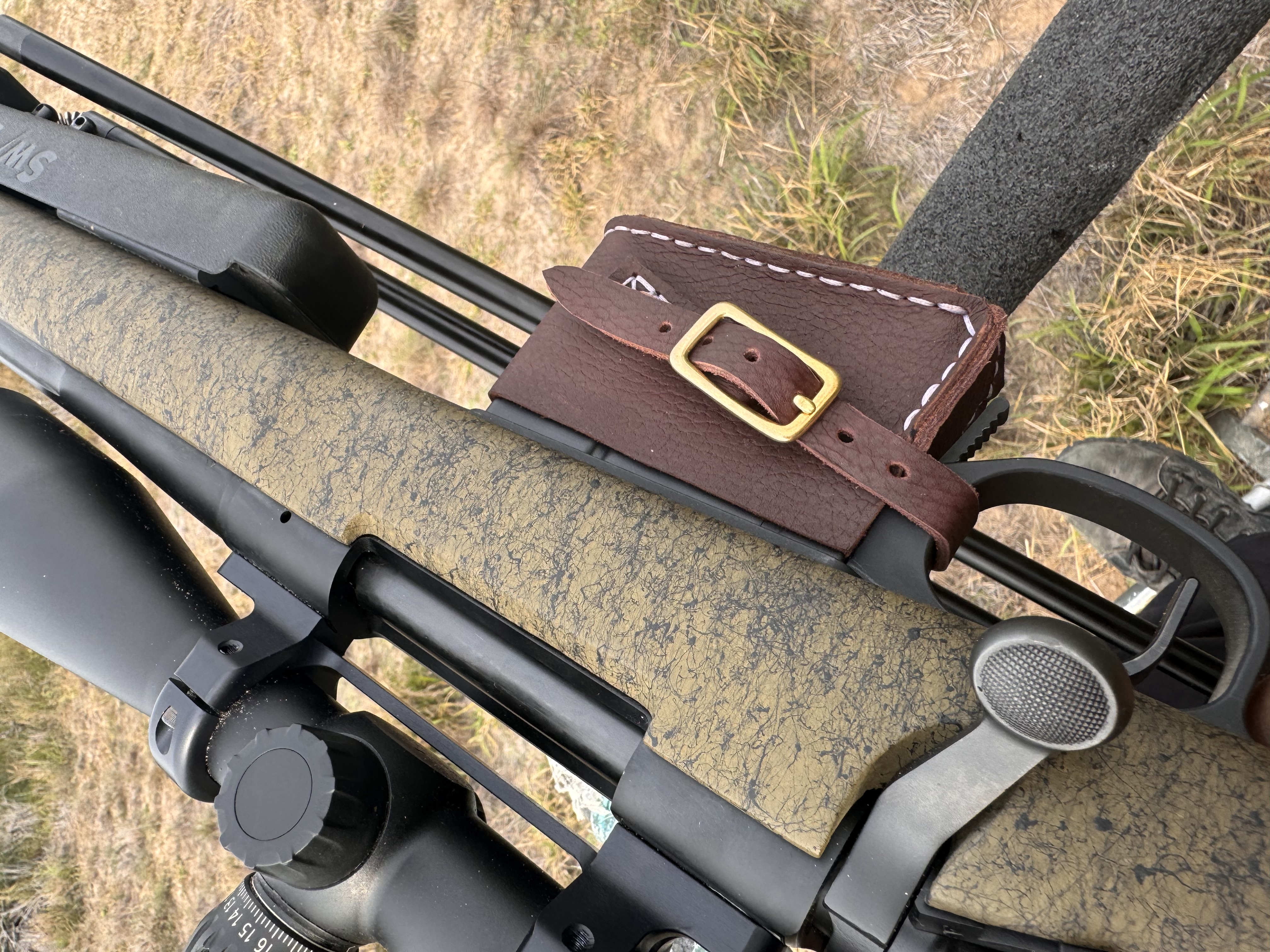
Owning a firearm is a long-term investment, and proper maintenance is essential to ensure its reliability, safety, and performance. Just like any precision instrument, firearms require regular care to prevent wear, corrosion, and mechanical failure. In this article, we’ll cover the key steps for maintaining your firearm and maximizing its lifespan.
1. Regular Cleaning
One of the most important practices for firearm longevity is regular cleaning. After each use, especially when firing corrosive ammunition, make it a priority to clean the firearm. Residual powder, dirt, and other debris can accumulate in the barrel and action, leading to corrosion and wear over time. Using a high-quality cleaning kit with brushes, patches, and solvent will help you effectively remove residue and prevent damage to the internal components.
Always clean the bore with a rod and patch, starting from the chamber end whenever possible. Avoid cleaning from the muzzle end, as it can damage the rifling and impact accuracy.
2. Proper Lubrication
Lubrication is essential for preventing friction and wear on moving parts. Applying the correct amount of lubricant to areas like the slide, bolt, and trigger assembly helps ensure smooth operation and prevents rust. Use a high-quality firearm oil that provides adequate protection without causing build-up. Be cautious not to over-lubricate, as excessive oil can attract dust and debris, which can impair the firearm’s function.
Pay special attention to high-contact areas and always follow the manufacturer’s recommendations for lubrication points.
3. Inspect for Wear and Damage
Regularly inspecting your firearm is essential for identifying signs of wear, cracks, or other damage that could compromise safety and performance. Common wear points include the slide, barrel, and bolt face, where metal-on-metal contact is frequent. Look for unusual wear patterns, cracks, or signs of weakening in springs or other components.
If you notice any unusual wear or damage, consult a qualified gunsmith. Prompt repair or replacement of worn parts can extend the life of your firearm and ensure its safe operation.
4. Store in a Controlled Environment
How you store your firearm greatly impacts its longevity. Firearms should be stored in a cool, dry environment, away from humidity and temperature extremes. Consider using a gun safe with humidity control to protect against rust, especially if you live in a humid climate. Adding silica gel packs to your safe or storage case can help absorb moisture and prevent corrosion.
Keep firearms unloaded while in storage, and avoid storing.
